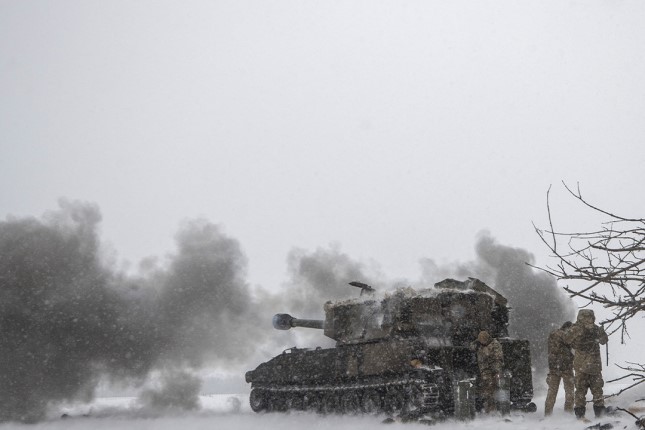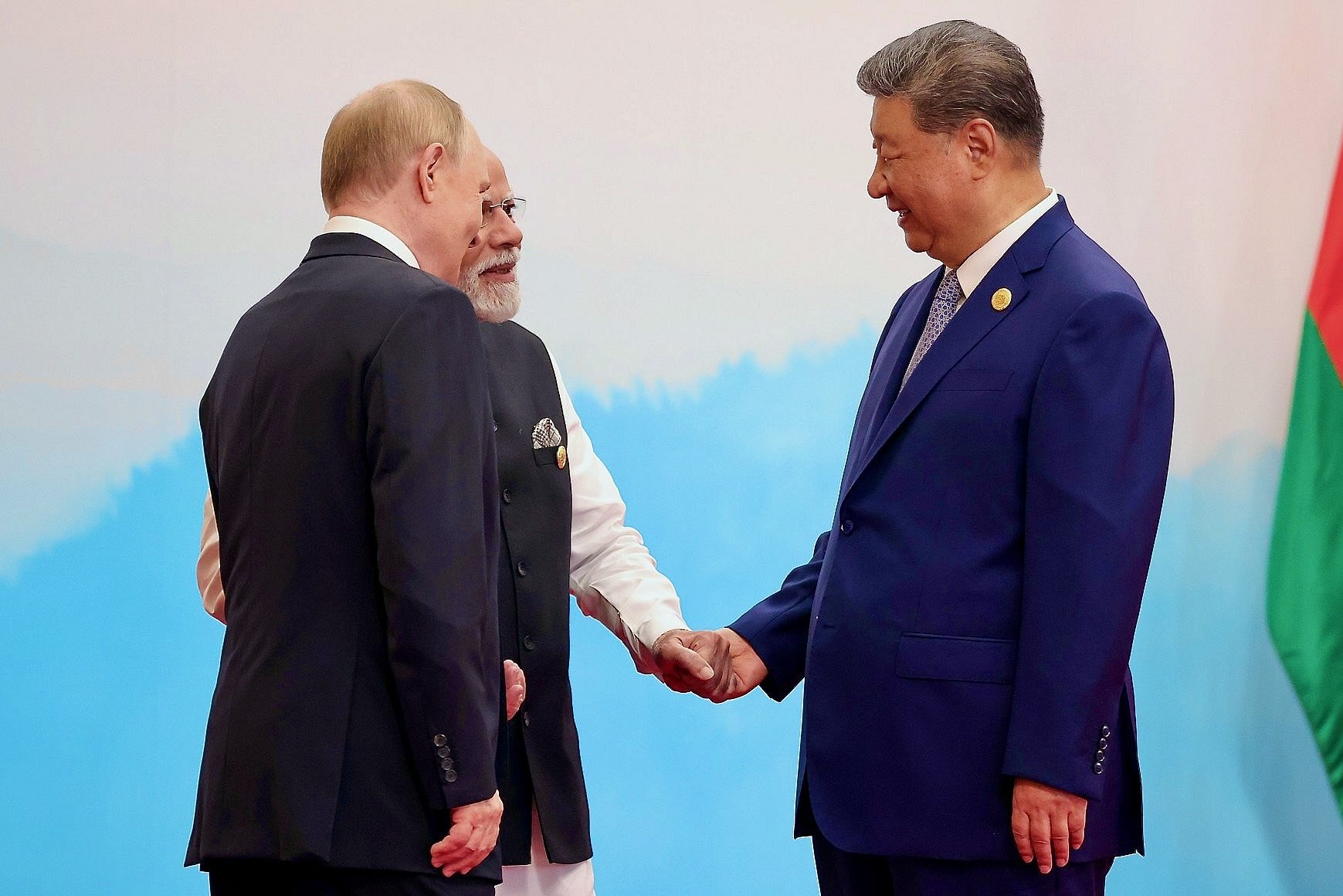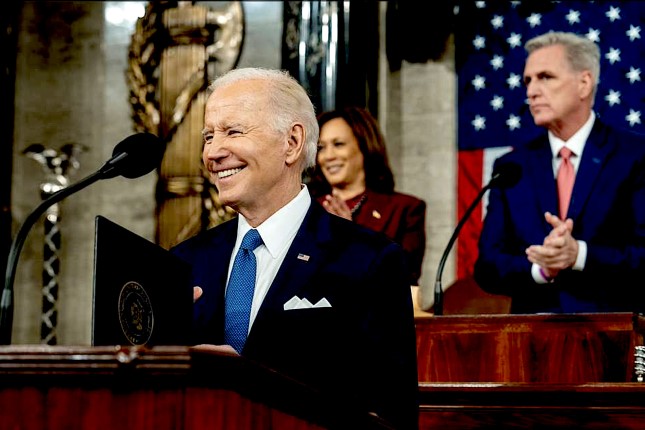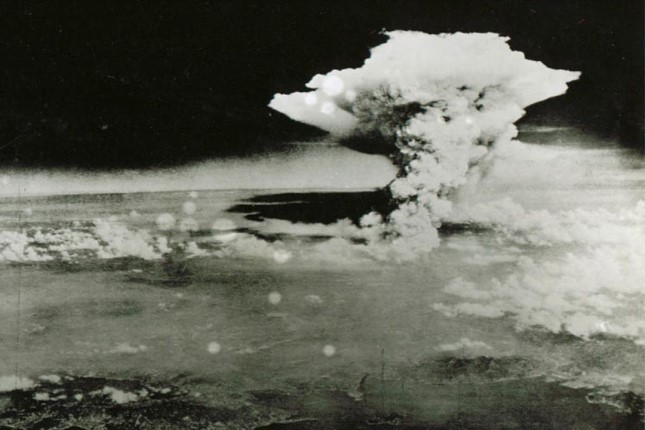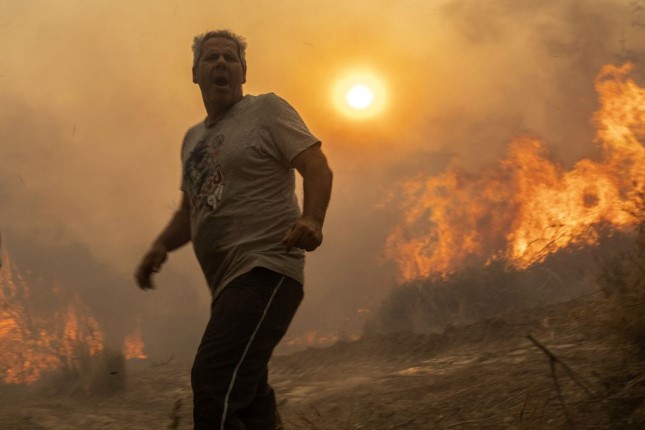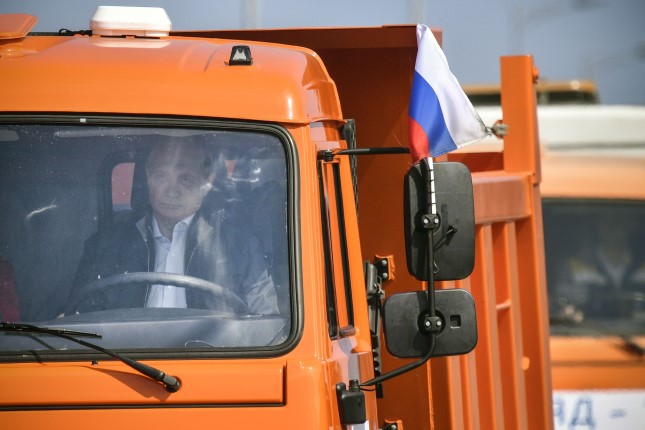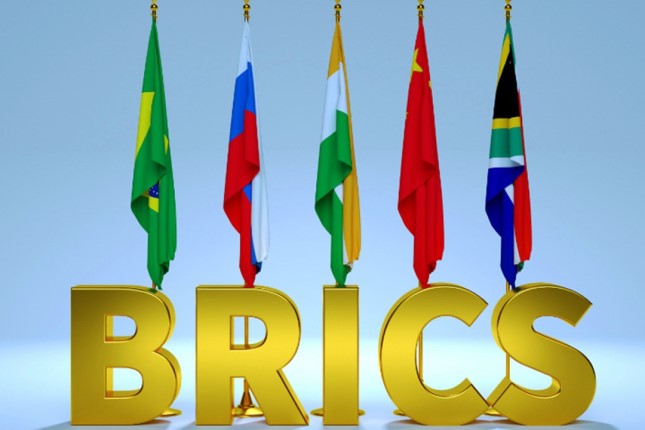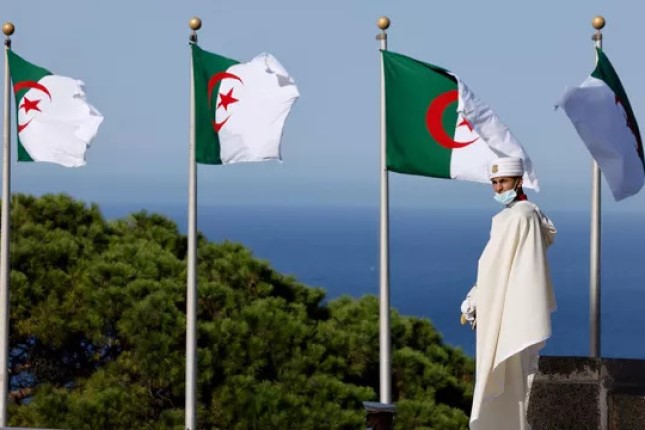They noted that Western countries are eyeing a long-term plan of aid to Ukraine to fend off the uncertainties that may come with their turbulent domestic politics.
European Council President Charles Michel says the 27 EU countries have sealed a deal on aid to Ukraine just over an hour into a summit of the bloc's leaders and despite threats from Hungary to veto the move, AP reported.
"We have a deal," Michel said in a post on X, formerly known as Twitter. He wrote that all "27 leaders agreed on an additional 50-billion-euro ($54 billion) support package for Ukraine within the EU budget."
Hungary and the other members of the EU were at odds about passing the plan, as Hungary wants to be able to veto the disbursements every year. The other 26 EU countries have rejected Hungary's demand, and they and Hungary have been in a stand-off since December 2023.
Reuters believed that the stability of the four-year financing the EU budget would provide is all the more important at a time when financial assistance from the US, another large aid provider to Ukraine, is uncertain because of infighting in the US Congress.
If you even it up and assume the aid is provided as guaranteed, Ukraine only gets just over 10 billion euro per year, which means the aid serves more to boost Ukraine's confidence than having any substantial significance, Cui Hongjian, a professor with the Academy of Regional and Global Governance with Beijing Foreign Studies University, told the Global Times on Thursday.
Cui pointed out that the EU is now eyeing a long-term aid plan for Ukraine because it is hoping such a plan can help fend off the uncertainties coming from its own, as well as the US' domestic politics. "This year, Europe will hold European Parliament elections while the US is having a presidential election, both of which could have a huge impact on European and US aid to Ukraine. So both the European Union and NATO are making plans to guard against potential changes," said Cui.
It is becoming increasingly difficult for Europe to manage the Ukraine crisis as it approaches the two-year mark. On the one hand, fatigue is raising questions about the practicality of endless support. On the other, the consequences of Ukraine losing the war could be unconscionable for the rest of Europe, CNN reported on Wednesday.
European countries are also anxiously watching the US presidential election for what a second Donald Trump presidency would mean for Ukraine and European security as a whole, said experts.
On Wednesday, US Treasury Secretary Janet Yellen reassured top EU officials that the Biden administration was "firmly committed" to its request for Congress to approve $11.8 billion in budget aid for Ukraine, saying failure to do so would hand a victory to Russia, Reuters reported on Thursday.
However, Chinese experts believe that now Ukraine has pivoted to defense as Russia is conducting offensive operations, if the Western countries don't make substantial changes in assisting Ukraine, such as providing F-16 fighter jets, the battlefield situation won't be changed by symbolic financial aid provided by those countries. On top of this, Europe and the US are both encountering difficulties providing assistance to Kiev, said experts.
Photo: Ukrainian soldiers prepare to fire US-made "M109" self-propelled howitzer on the frontline in Donetsk Oblast, Ukraine on February 17, 2023 © IC.
Source: The Global Times.
